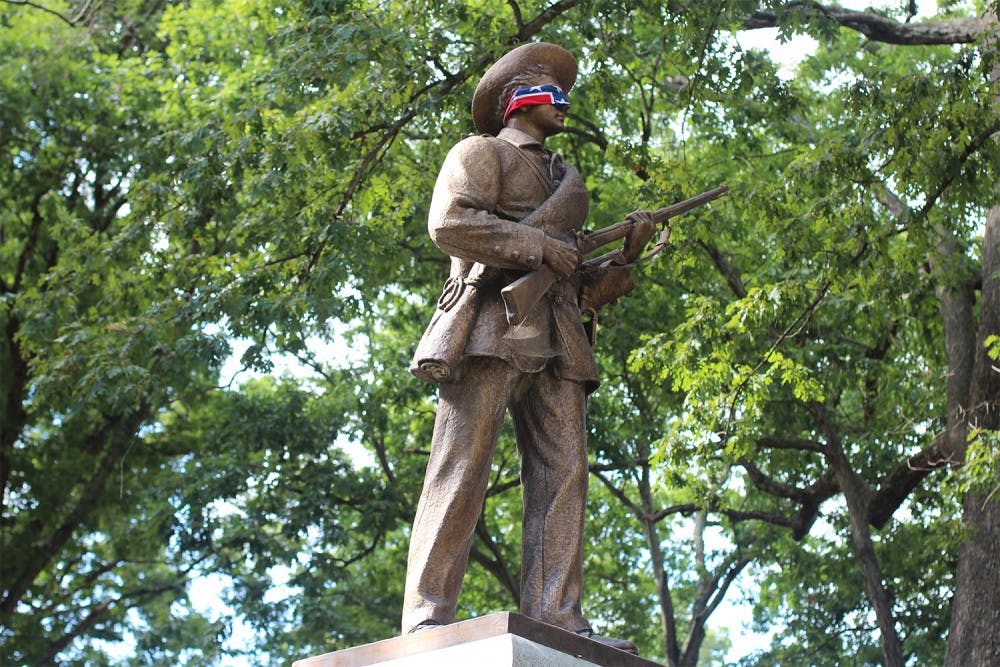I absolutely adore TED-Ed. It was a comfort for me during the pandemic and it made me feel like I was gaining brain cells instead of losing them.
My favorite series on the channel was “History on Trial,” where each episode focuses on a prominent historical figure and puts them on trial, with the defense and prosecution unfurling the multiple layers of said figure, arguing whether the good outweighs the not-so-good. Some notable guests include Genghis Khan, Cleopatra, Vladimir Lenin, Marie Antoinette and Richard Nixon.
It's a series that holds a special place in my heart as it encourages its viewers to explore beyond what's taught to them in their classes or what they already know. Our experience with history in our classes is vast, but the problem with history is that it can be molded without the audience's knowledge.
UNC is no different. Its history is fraught, horrid and the farthest thing from pristine. It was built on the bonds of slavery and stolen land, proudly served as a source of Confederate pride and continued to do so past the Reconstruction era and through much of the 20th century, and due to these prevailing ideals, produced alumni that ended up actively hurting these same marginalized communities and feeding into a destructive cycle.
UNC made efforts to rectify its mistakes through the renaming of certain residence and academic halls and the creation of landmarks to memorialize injustices that occurred throughout the university’s history. However, there's still so much that is not necessarily public knowledge and continues to serve as an example of UNC's inability to change in the places where it matters most, as well as some things being inadvertently honored.
In 2020, the history department, alongside others, decided to rename Hamilton Hall to Pauli Murray Hall. Pauli Murray was renowned in numerous fields and did much for women's rights and LGBTQ+ rights.
Joseph Grégoire de Roulhac Hamilton, the prior namesake, was a history professor and a prominent academic within his field and achieved many honors throughout his life. However, his views on race were fueled by white supremacy and anti-Black sentiment. These views influenced many of his papers and contributions to history, and he often lamented the outcome of the Civil War and the Reconstruction's era treatment of the American South, writing in one of his papers that a particular white supremacist organization lifted the South from its destitution and revitalized the power of white men.
He and his work were inexplicably honored for centuries and, with the naming process incomplete, are still being honored by the academic hall. Another effort of renaming Carolina Hall after Zora Neale Hurston, a prominent author and rumored to be the first Black student of the university, was left in the dust.
While historically people in positions of power have commonly held bigoted views, Hamilton Hall truly exemplifies just how far UNC needs to go in acknowledging its own complicit and destructive past.



